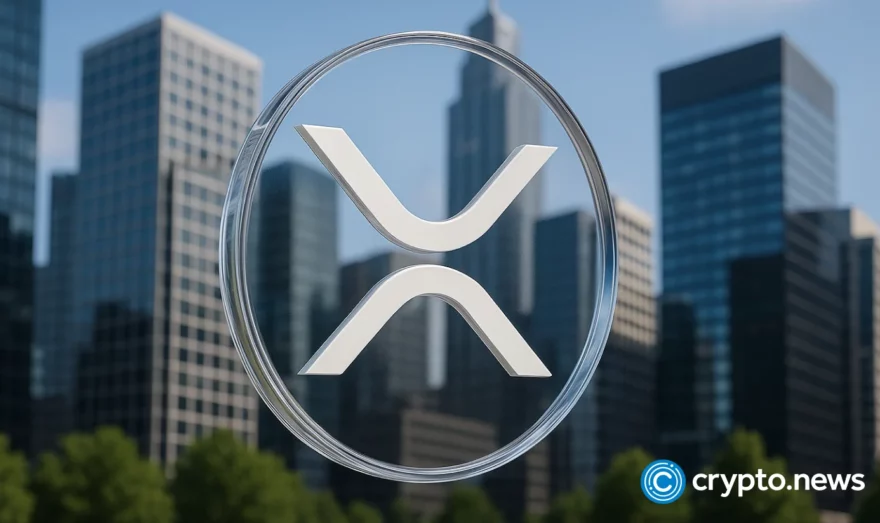Indian retail and institutional investors to gain access to popular US Bitcoin ETFs

Mudrex, a California-based crypto investment platform with Y-Combinator backing, has announced plans to make U.S. spot bitcoin exchange-traded funds (ETFs) available to both institutional and retail investors in India.
CEO and co-founder Edul Patel highlighted the significance of this move, in an exclusive statement, particularly for institutional clients, stating, “this is much more valuable to institutions, as this was already available to retailers.”
The platform will introduce four spot ETFs in its initial phase, featuring offerings from BlackRock, Fidelity, Franklin Templeton, and Vanguard. Operating with a subsidiary registered with the Intelligence Unit of India, Mudrex has established a presence within the European Union as well, holding licenses in both Lithuania and Italy. The company aims to facilitate transactions through U.S. broker partners, while its Indian subsidiary will provide the spot bitcoin ETF service.
Despite retail clients having access to spot bitcoin ETFs via U.S. stock investing companies, Mudrex claims to be the first in India to extend such services to institutions, marking a significant milestone for the firm.
Patel explained the legal groundwork allowing Indians to invest in these ETFs under the Liberalised Remittance Scheme (LRS), enabling them to diversify their portfolios through Bitcoin. The LRS allows for annual overseas investments up to $250,000, with Mudrex setting investment thresholds between $5,000 and $250,000.
Furthermore, Patel noted the importance of strong banking relationships in the U.S. for facilitating seamless transactions under the LRS. Around 20 out of 350 institutions collaborating with Mudrex have started the process of joining, anticipating investment volumes with an average ticket size of $110,000.
This development occurs amidst a complex regulatory environment in India, where the central bank and the government have shown differing stances on cryptocurrency. The Reserve Bank of India (RBI) has expressed resistance towards crypto, citing risks to the national economy, while the Finance Ministry has taken steps to incorporate crypto service providers within the regulatory framework, emphasizing investor and economic protection.
Amid this regulatory dichotomy, the Indian government has intensified its crackdown on illicit activities within the crypto space. The latest came from the Enforcement Directorate, as it filed a charge sheet against 299 entities, signaling the government’s firm stance against the misuse of digital currencies. These entities, notably including individuals of Chinese origin implicated in a cryptocurrency scam, have been targeted under the stringent Prevention of Money Laundering Act (PMLA).
On the other hand, in contrast to the stringent regulatory scrutiny on cryptocurrency transactions, the RBI is making strides in embracing digital innovation through the development of the central bank digital currency (CBDC), the digital rupee. Governor Shaktikanta Das’s announcement of plans to explore offline functionalities for the digital rupee marks a significant step towards enhancing financial inclusion and accessibility. This initiative aims to extend the benefits of digital currency to areas with limited or no internet connectivity, broadening the scope of digital financial services across the nation.
















